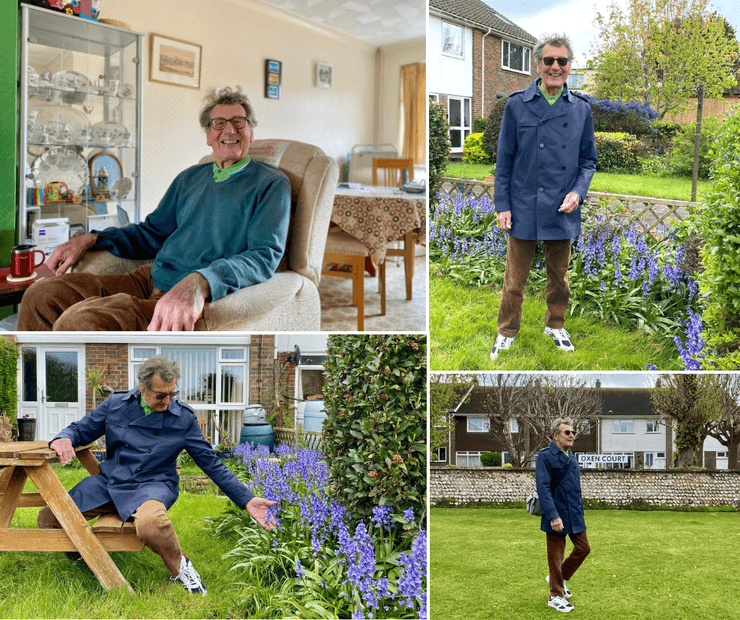Life became very difficult for 82-year-old Bernie when his wife of 58 years, Shirley, was diagnosed with Parkinson’s disease and then dementia just eight months later. He was caring for Shirley, with support from his two daughters, and he was becoming increasingly isolated as Shirley’s mobility deteriorated.
“I was trying to encourage Shirley to keep walking and stay mobile, but the Parkinsons was causing her to slow down considerably,” says Bernie. “I was proper frustrated. I didn’t want to admit it to myself, but the pressures of my caring responsibilities were really tough and things were getting on top of me. I used to get really angry and say ‘Parkinsons is ruining our lives’. It got to the point where I started to say things like ‘roll on when they put me in a box.’ And that really wasn’t like me.”
Bernie’s oldest daughter became concerned about her dad’s mental health and they visited West Sussex Mind in Durrington together to try to get Bernie some support. Bernie began joining Communities in Mind’s over-65s ‘mindful walks’ and going to monthly meetings at Chesham House in Lancing.
Learning to take notice
Bernie has been out on several Communities in Mind mindful walks in different locations – Lancing Beach, Buckingham Park and Worthing seafront – and says that the walks have helped him take notice of his surroundings and provided a good distraction from his worries about Shirley’s ill health.
